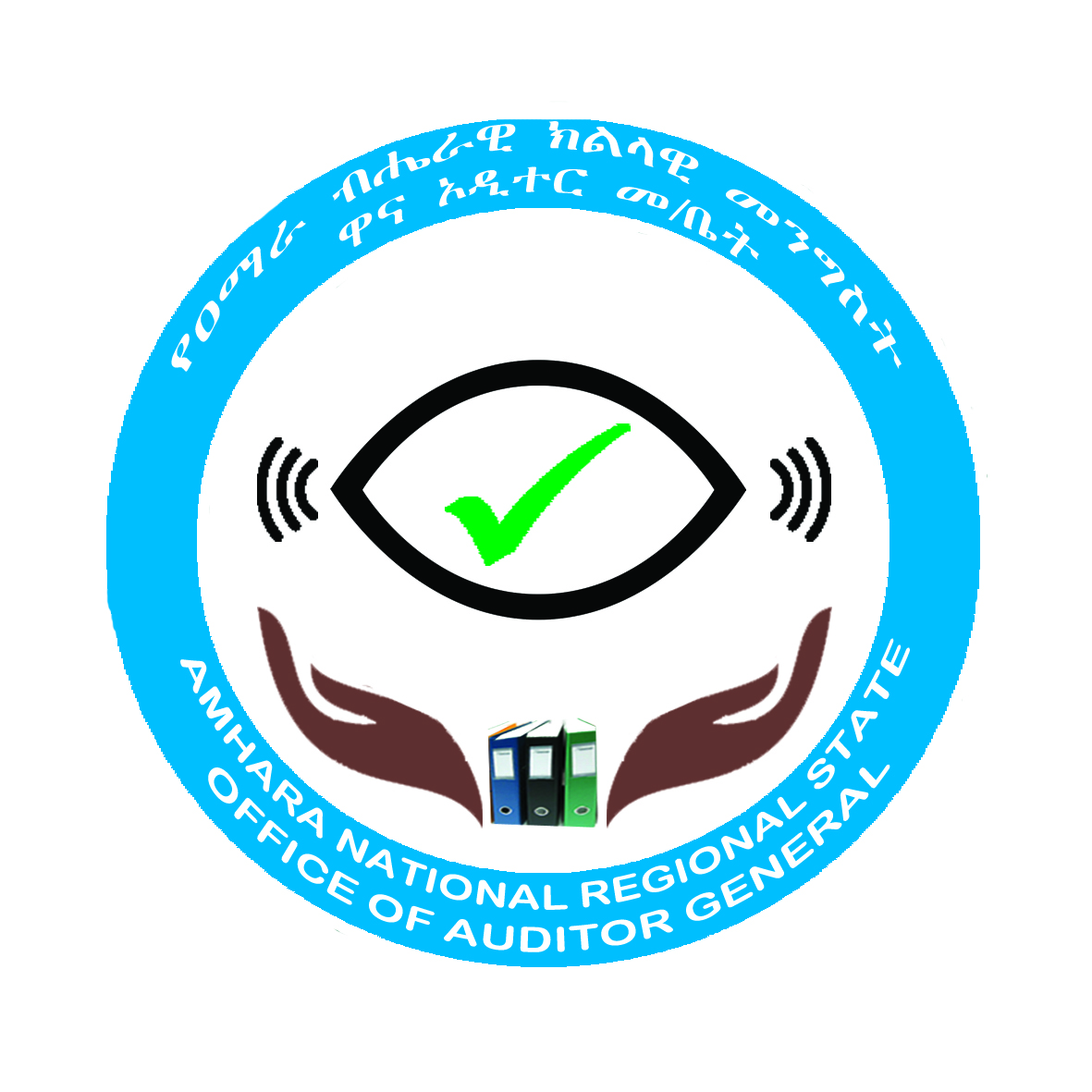2nd Strategic Growth and Transformation Plan (2016-2020)
INTRODUCTION
Implementation of national and regional strategic plans over the years saw broad based, changes, growth and development in the area of building democracy, good governance and development as critical issues determining the very survival of the nation along the path set by developmental government. Particularly, practical implementation of Poverty Alleviation and Accelerated, Sustainable Development Strategic Plan of 2006-2010; and the first five year Growth and Transformation Plan (GTP) from 2011-2015 had significant and meaningful outcome in successful accomplishment of our national agenda in poverty eradication. Besides these, concerted efforts in implementation of the Millennium Development Goal as an integral component of these plans delivered promising outcomes.
Implementation of the first five year GTP (2011-2015), as the first initiative in the country and our region, which was multifaceted in nature in many respects, resulted in promising outcomes and significant gains to the extent of structural changes. Moreover, concerted efforts in performance of the first GTP brought about generally successful accomplishment of the plan which was developed on the basis of performance outcome of the plan (2006-2010)through integrated and coordinated activities of administrative structures and performance of developmental army building as a strategic pillar.
Likewise, the Office of the Auditor General of ANRS made concerted efforts in implementation of the first GTP in respect of democratization and good governance building sectors on the basis of identifying its priorities, which resulted in successful outcomes. As regards priorities, audit quality and audit communication activities have been identified, and detailed goals and activities drawn from areas of priorities which were designed and implemented. And, thus we have now reached a decisive and historic moment on implementation of the second five year GTP (2016-2020).
The second GTP of the Auditor General’s Office of ANRS has been developed on the basis of key assumptions in delivery of quality audit works that would generate acceptable and transparent body of reliable information that would guide decision making in compliance with best practices international audit institution (INTOSA), particularly the standards and principles of The African English Speaking Auditors’ Institution (AFROSAI-E). In this respect, leading audit activities appropriately under strategic plan has been common practice in the Office of Auditor General of ANRS in the past two decades of its existence; however, the second GTP of the office has been developed on the basis of performance outcome and experience of the preceding plan periods (2006-2010 and 2011-2015) and key assumption of what the audit institution will look like when the country joins the ranks of middle income economies by 2025.
Main contents of this plan are divided in five chapters. Chapter one contains basic trends in performance of the first GTP of the Office of Auditor General of ANRS (2011-2015). Objectives and fundamental directions of the second five year of GTP of the office (2016-2020) are covered in Chapter Two. Goals and detailed activities of the second GTP are detailed in Chapter Three. Opportunities and threats identified in implementation of our plan are presented in Chapter Four. Finally, performance monitoring and evaluation instruments are shown in Chapter Five. Balanced Score Card (BSC) system designed is annexed with this plan.
Chapter One
Status Evaluation of the 2003-2007 Strategic Plan Performance
The role of audit system is of a high significance in terms of serving as a reliable data source for properly managing and administering our region’s economy, assuring that governmental administrative offices and development enterprises follow the proper accounting system in administering their finances, and that they conduct the expense authorization, budgeting and asset administration in pursuant to governmental laws, regulations and directives, assuring that governmental administrative offices and development enterprises meet the laid goals by accomplishing their plans and programs in economical manner and in terms of assuring the prevalence of transparency and financial accountability in the region’s governmental administrative offices and development enterprises. This is in one way or another helping the enhancement of public financial management of our region.
Several measures have been taken to improve public expenditure administration under the civil service reform program framework which the government devised with intent to enhance the civil service structure and service delivery and increase the execution capacities of institutions. Different legal frameworks that could serve as a capacity to administer the region’s financial administration were prepared and implemented. It is also a fact that several structures and institutions were created to
the end of capacitating the external audit with capacity. In this regards, it can be said that the public financial management system of our country and our region has six joint elements when evaluated in light of international requirements. The international measurement points are use of budget for the planned purpose, complete and transparent budget follow up system, following policy based budget preparation, existence of predictable financial management that is supported with firm int
ernal monitoring, and the implementation of accounts, data and reporting system. Thus, by taking the above noted points as favorable background and by virtue of the authority vested upon us by law, the accomplishments on the key activities under the 2003-2007 audit plan are identified and presented as follows.
- Accomplishment of Key Activities
- Accomplishment of Audit Army Formation
Formation of audit army is our key activity. The audit army formation is a process by which implementation and execution capacity will be advanced to a higher level by coordinating and jointly managing public and governmental development capacities that are valuable in the task of building development and democratic system.The development capacities are aimed in line with the five capacity building strategies i.e. attitude, skill, organization, operation and input.
Though the audit army formation task commenced as of the year 2004 at the level of the Auditor General Office exerting full efforts upon having a complete understanding of the theory only started in 2006; hence the scope of the evaluation shall use the latter as an initial commencement period. The implementation, in light of all the five capacity building strategies, is cited as follows.
...Read Details
